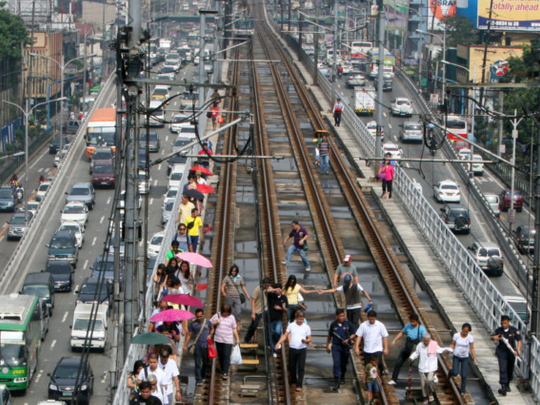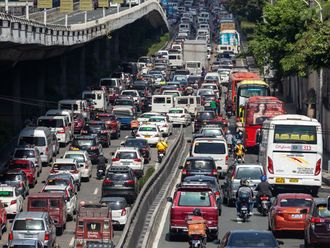
Manila: Citing the horrendous traffic situation in the capital and in order to strike a “work-life balance”, the government announced that it is adopting a four-day workweek for public servants in Metro Manila.
Under the new work scheme, the government offices in Metro Manila have the option to adopt the new schedule in place of the traditional five-day working scheme.
A memorandum circular was issued by Dr Francisco Duque, chairman of the Civil Service Commission (CSC).
Asians are generally known for their work ethic that encourages spending more time at the workplace and the tradition in most countries in the region often mandates a six-day work schedule, especially for private sector employees.
But there is a shift in thinking that favours a more balanced work-life regime to promote efficiency.
“In pursuit of the CSC’s vision to be Asia’s leading centre of excellence for strategic human resource and organisation and development, there is a compelling need for the CSC to develop policies, standards and programmes that promote work-life balance, drive individual and maintain high levels of employee satisfaction and management,” Duque said in his memorandum.
Duque, a former health secretary, said traffic conditions in Metro Manila also dictate the adoption of a four-day workweek.
Everyday, workers in the government as well as the private sector face difficulties getting to their work places because of the heavy traffic. An average employee spends a large fraction of their time commuting rather than actually engaging in work.
This difficulty is compounded by the fact that the government had undertaken various infrastructure projects in the metropolis that has worsened the already detestable state of vehicular traffic in Metro Manila.
Duque also said that a study conducted by the CSC showed that most government employees favour a four-day workweek.
He said that while the new scheme would appear that there would be less work for civil servants, in reality, they would be required to render the same number of hours working.
“The four-day workweek scheme is an alternative arrangement whereby the normal week is reduced to four days but the number of work hours per day in increased to 10 hours so that the total number of work hours per week remain at 40 hours,” he said.
Government agencies could either adopt an arrangement where their employees will work from Monday to Thursday or from Tuesday to Friday.
Under the scheme, the head of the agency can suspend the implementation of the four-day work scheme if “problems in the delivery of quality service” to the people if affected.
Earlier, the government adopted flexible working schedules for employees based in Manila to cope with the poor traffic conditions. Duque said that with the adoption of the four-day workweek, this arrangement will be terminated.













